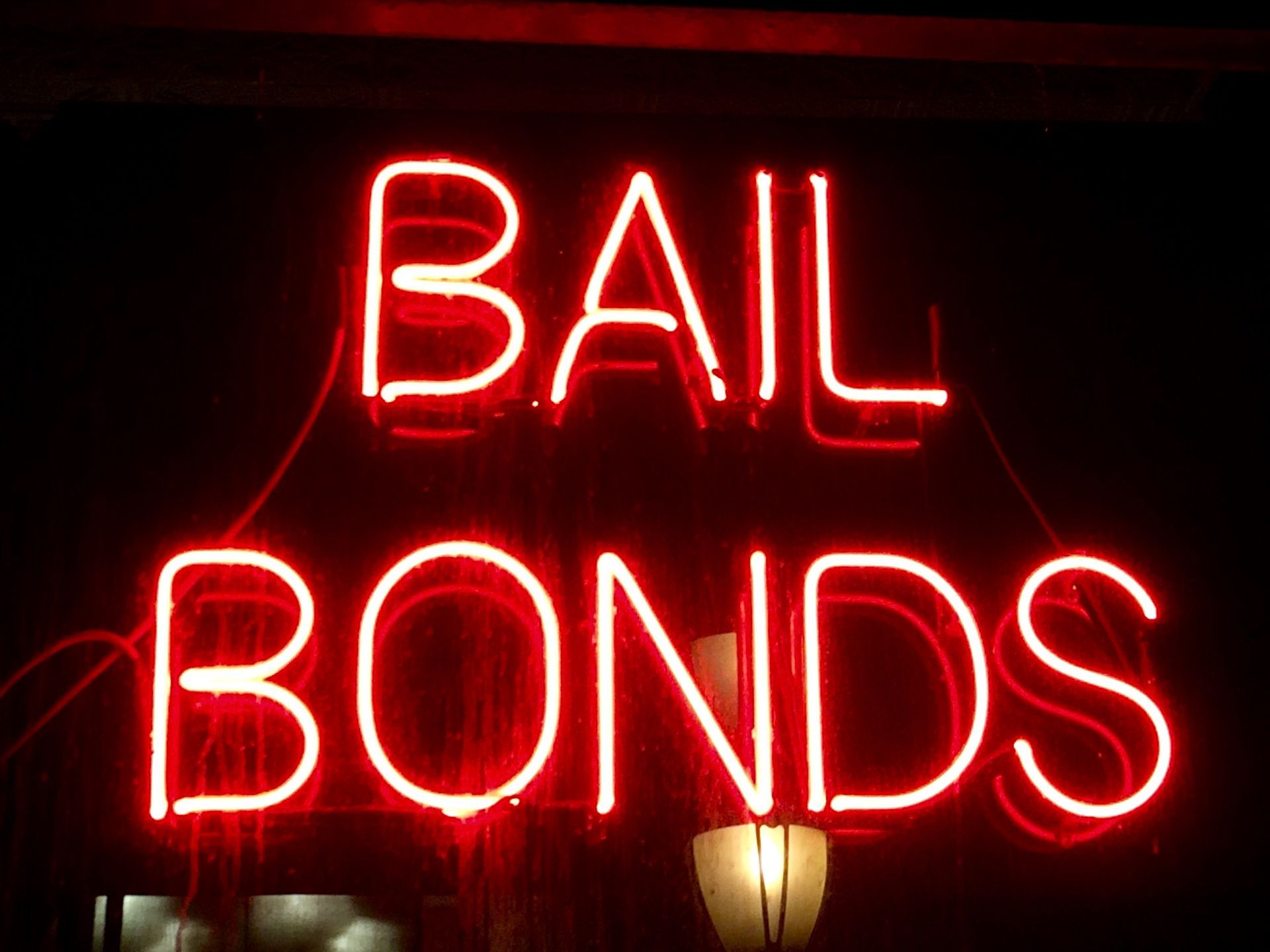Debunking Myths About Getting Arrested

Getting arrested can be a daunting experience, filled with uncertainty and fear. Compounding this fear are numerous myths and misconceptions about the arrest process. Understanding the truth behind these myths is crucial for anyone facing such a situation, ensuring they know their rights and the realities of the law.
Myth: You Must Answer All Police Questions
One of the most pervasive myths is the belief that you must answer all police questions. In reality, the Fifth Amendment of the U.S. Constitution provides the right to remain silent to avoid self-incrimination. You are not obligated to answer questions beyond basic identification information, such as your name and address. Exercising your right to remain silent cannot be used against you in court. It's important to remember that anything you say can and will be used against you, so it's often wise to consult with a lawyer before speaking further with law enforcement.
Myth: You Can Resist Arrest If Innocent
Another common misconception is that you can resist arrest if you believe you are innocent. This is not only incorrect but can also lead to additional charges, such as resisting arrest or assaulting a police officer. The arrest process is not the time to argue your case; that opportunity comes later in court. Even if the arrest is deemed unlawful, resisting can complicate your legal situation. The best approach is to comply peacefully and deal with the legality of the arrest through the proper legal channels.
Myth: Miranda Rights Must Always Be Read
A frequently misunderstood aspect of the arrest process is the reading of Miranda rights. Many believe that if Miranda rights are not read, the arrest is invalid. However, the requirement to read Miranda rights only applies when a suspect is in custody and subject to interrogation. If you are not being questioned, police officers are not required to read your rights. While failure to provide a Miranda warning can impact the admissibility of any self-incriminating statements made during an interrogation, it does not invalidate the arrest itself.
Myth: Bail Bonds Free You from Financial Obligations
In the context of the arrest process, understanding the role of bail bonds is crucial. A bail bond serves as a financial guarantee that a defendant will appear in court for their trial. After an arrest, a judge typically sets a bail amount, which can be expensive. Many people cannot afford to pay the full amount upfront. This is where bail bonds come into play. A bail bondsman can post bail on behalf of the defendant for a fee, usually around 10% of the total bail amount. It's crucial to dispel the myth that using a bail bond service means you are free from any financial obligation. If the defendant fails to appear in court, the bondsman can seek the full amount from the cosigner of the bond. Understanding this dynamic can prevent further financial and legal complications.
Myth: Arrest Equals Conviction
Another myth is the assumption that being arrested automatically means you will be convicted. An arrest is merely the beginning of the legal process. It means there is probable cause to believe you were involved in a crime, but it is not evidence of guilt. The prosecution must prove your guilt beyond a reasonable doubt in court. Many arrests do not lead to convictions, which is why having competent legal representation is vital to navigating the complexities of the legal system.
Myth: Police Cannot Use Deceit During Interrogations
Lastly, some individuals believe that police are not allowed to use deceit during interrogations. In truth, law enforcement officers are legally permitted to use deception to encourage suspects to confess or reveal information. This can include making false claims about evidence or statements from others. Understanding this can prevent a suspect from incriminating themselves based on misleading information provided by the police.
Debunking these myths about getting arrested is essential for anyone navigating the criminal justice system. Knowing your rights, the realities of the arrest process, and the role of bail bonds can significantly impact the outcome of your legal journey. Equipping yourself with accurate information and seeking the guidance of a qualified attorney are critical steps in ensuring that your rights are protected throughout the process.
Contact us at Absolute Bail Bonds to learn more.



















